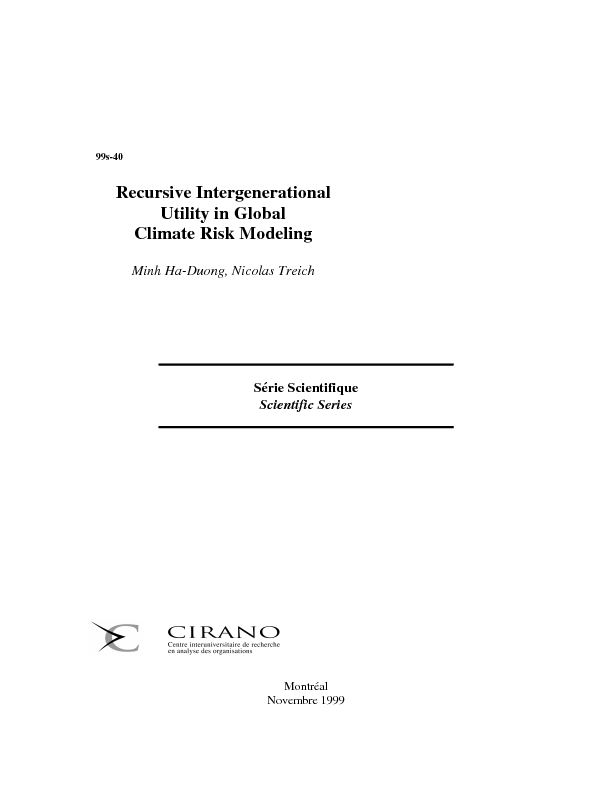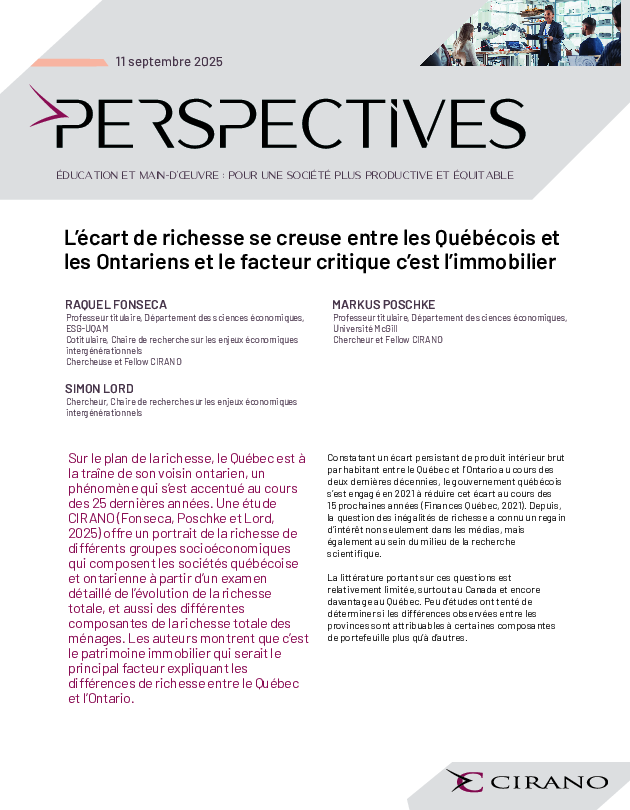Recursive Intergenerational Utility in Global Climate Risk Modeling
This paper distinguishes relative risk aversion and resistance to intertemporal substitution in climate risk modeling. Stochastic recursive preferences are introduced in a stylized numeric climate-economy model using preliminary IPCC 1998 scenarios. It shows that higher risk aversion increases the optimal carbon tax. Higher resistance to intertemporal substitution alone has the same effect as increasing the discount rate, provided that the risk is not too large. We discuss implications of these findings for the debate upon discounting and sustainability under uncertainty.
[ - ]




